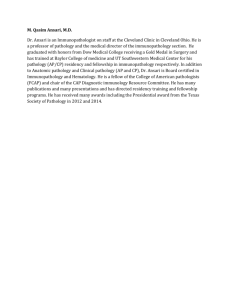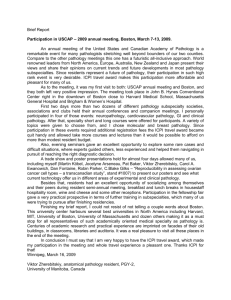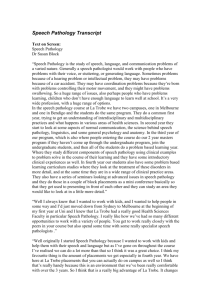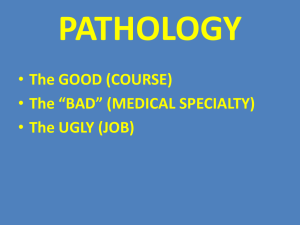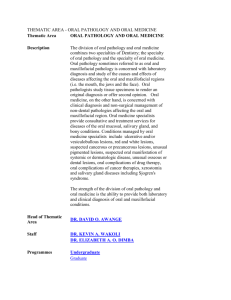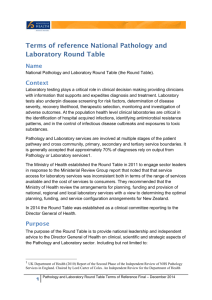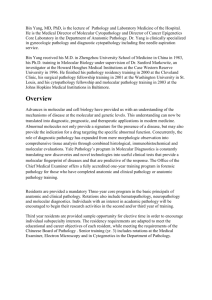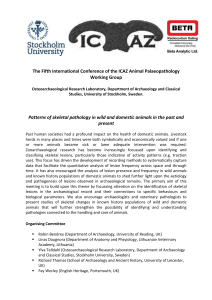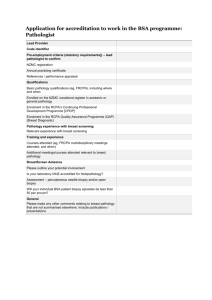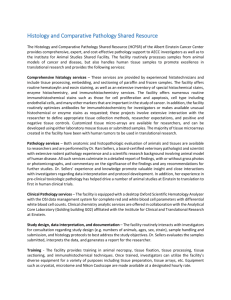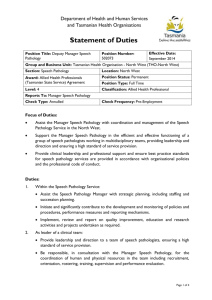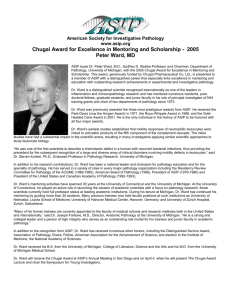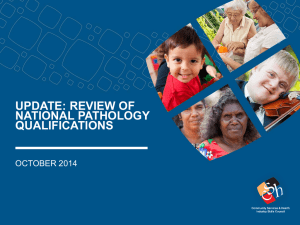Bureaucratic Pathologies
advertisement
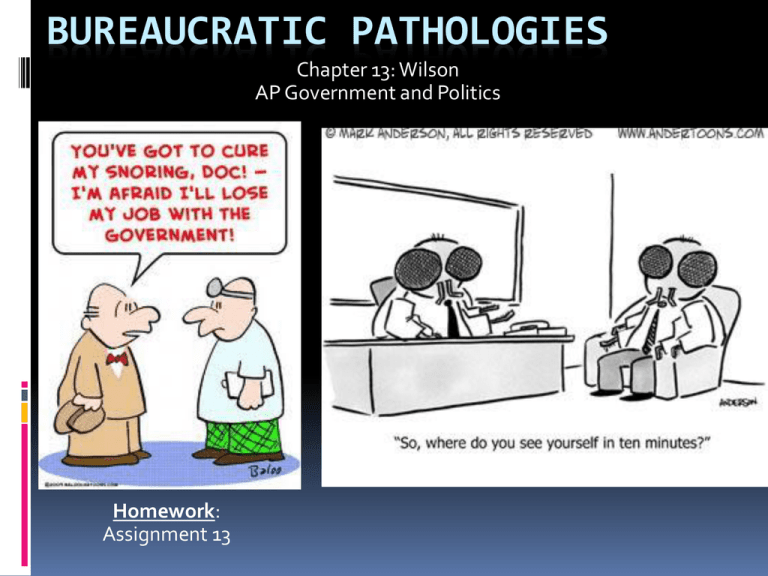
BUREAUCRATIC PATHOLOGIES Chapter 13: Wilson AP Government and Politics Homework: Assignment 13 GSA gave out bogus ‘Jackass Award’ to justify dinners By Emily Heil (4/13/2012) The General Services Administration, already smarting from a scandal over a lavish conference in Las Vegas, has a new reason to cringe: GSA employees made up bogus prizes, including a “Jackass Award,” in order to justify taxpayer-funded dinners, Roll Call is reporting. An employee told the agency’s inspector general that supervisors would invent reasons to honor employees at conferences so they could serve dinner. The “Jackass Award” was given at one conference to an employee “for doing something stupid,” the employee said, according to a transcript of the interview with the IG that Roll Call obtained. The fake awards follow on the heels of all kinds of embarrassing revelations about the GSA’s conferences. The Las Vegas confab that drew criticism featured a clown and a “mentalist,” and another GSA event — also held in Sin City — included a motivational speech by the man who inspired the football flick “Rudy.” On Making Policy… Public policy making in European parliamentary systems has been likened to a prize fight, where two challengers face off and the winner gets to set policies. The American system, however, is more like a barroom brawl in which "anybody can join in, the combatants fight all comers and sometimes change sides, no referee is in charge, and the fights last not for a fixed number of rounds but indefinitely or until everybody drops from exhaustion.” Bureaucratic Pathologies Pathology (for our purposes) – Departure or deviation from a normal condition; Bureaucratic pathologies are essentially “diseases” that bureaucratic agencies suffer from that make them less efficient than they might normally be. Pathology #1 Red Tape "any official routine or procedure marked by excessive complexity which results in delay or inaction.“ Existence of complex rules and procedures that must be followed to get something done. Pathology #2 • Conflict - when some agencies work at cross- purposes with other agencies. Pathology #3 • Duplication - when multiple government agencies seem to be doing the same thing • Congress rarely gives any one job to a single agency. For example, drug trafficking is the task of the Customs Services, the FBI, the DEA, the Border Patrol, and the DoD. Although this spreading out of the responsibility often leads to contradictions among agencies and sometimes inhibits the responsiveness of government, it also keeps any one agency from becoming all powerful. Pathology #4 • Imperialism - tendency of agencies to expand their responsibilities and areas of control without regard for the actual benefits that programs entail or costs they incur. Pathology #5 Waste • When an agency spends more than is necessary to buy some product or service.

